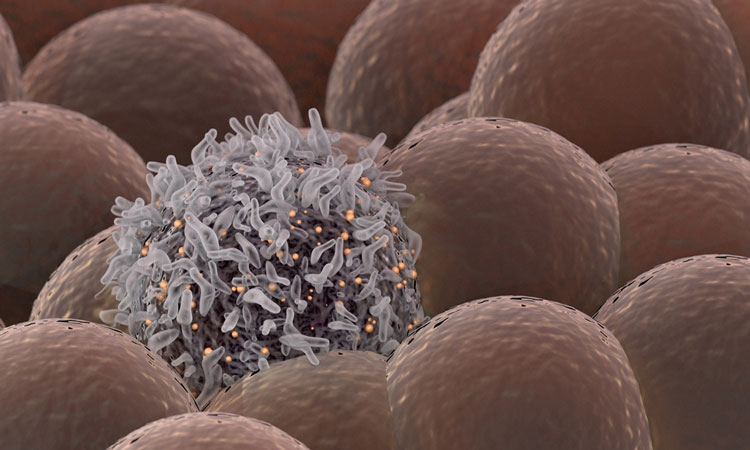Targeted radiation using TARE-Y90 for children with liver cancer
Posted: 8 November 2018 | Iqra Farooq (European Pharmaceutical Review) | No comments yet
A review of a study on children with liver cancer has shown the effectiveness of Transarterial Radioembolization with Yttrium-90 as a course of treatment…


Researchers have found that Transarterial Radioembolization with Yttrium-90 (TARE-Y90) can provide a feasible treatment option for children affected by liver cancer.
The targeted tumour radiation has shown promise for children whose live cancer is resistant to chemotherapy, and cannot be shrunk or removed surgically.
“When chemotherapy fails, additional treatment options for children with non-surgical liver cancers are limited and not very effective,” said Dr Allison Aguado, lead author of the study and pediatric interventional radiologist at Nemours/Alfred I. duPont Hospital for Children in Wilmington.
“TARE-Y90 has the potential to offer children with the hardest to treat liver cancer a treatment that is less toxic than current options and could facilitate a cure.”
The retrospective review of 10 children between 2 and 18, who received the treatment between 2011 and 2017 showed all patients had been previously treated unsuccessfully with chemotherapy, and had no surgical options.
TARE-Y90 is currently approved only for adults with liver cancer by the US FDA. The treatment allows a much higher dose of radiation to be delivered to the tumour while sparing the surrounding healthy tissue, through the use of an image-guided catheter to carry radioactive microbeads directly to the location of the tumour. This is carried out through a small incision in the groin.
The patients had either one or two treatments, and were discharged after being observed overnight. The majority of the patients reported no or mild side effects that included fever and fatigue. Seven patients showed temporary disease control, two patients demonstrated a partial response, and one showed a robust response and was able to be bridged to transplant.
“TARE-Y90 should be considered effective and feasible for children with liver cancers and has the potential to be used earlier in treatment, alongside chemotherapy, to help reduce tumour size to provide better surgical treatment options and improved prognosis,” said Dr Aguado. “I am fortunate to be part of the Nemours Liver Tumor Treatment Team, working alongside world the renowned pediatric liver specialists, Dr Howard Katzenstein and Dr Stephen Dunn, to add interventional radiology to help care for children with liver tumors.”
The study was published in the journal Pediatric Blood and Cancer.
Related topics
Chemotherapy, Clinical Development, Drug Development, Research & Development (R&D)
Related organisations
Nemours/Alfred I. duPont Hospital for Children in Wilmington









